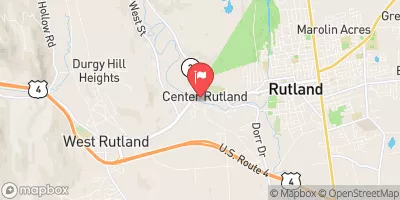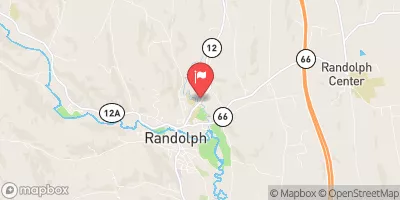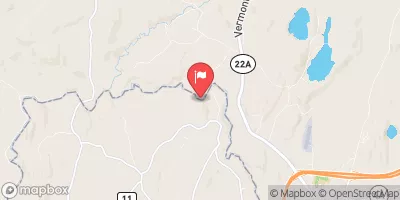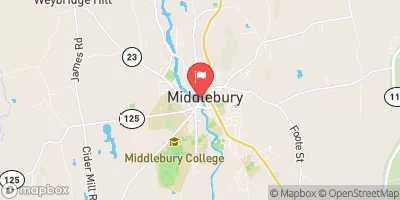Summary
The area is home to a variety of fish species including trout, largemouth bass, bluegill, and pumpkinseed. Fishing is allowed year-round, but the best time to visit is from late spring through early fall when the water temperature is warmer.
Some of the nearby activities to enjoy while in the area include hiking, swimming, and camping. The Lefferts Pond Trail is a popular hike that offers beautiful views of the pond and surrounding forest. There are also several campgrounds in the area for those who want to spend a night or two under the stars.
When it comes to fishing tips, anglers should focus on using live bait such as worms or minnows for the best results. Fly fishing is also a popular method for catching trout in the area. Anglers should be sure to check the fishing regulations for the area before heading out.
The best time of year to visit Lefferts Pond Area is from late spring through early fall. During this time, the average temperature ranges from the mid-60s to mid-70s Fahrenheit. It's important to note that the area can get busy during peak season, so anglers should plan accordingly and arrive early to secure a good fishing spot.
Weather Forecast
Nearby Streamflow Levels
 Otter Creek At Center Rutland
Otter Creek At Center Rutland
|
676cfs |
 Ottauquechee River Near West Bridgewater
Ottauquechee River Near West Bridgewater
|
67cfs |
 Ayers Brook At Randolph
Ayers Brook At Randolph
|
45cfs |
 Poultney River Below Fair Haven
Poultney River Below Fair Haven
|
145cfs |
 Otter Creek At Middlebury
Otter Creek At Middlebury
|
872cfs |
 White River At West Hartford
White River At West Hartford
|
991cfs |
Angling Safety Guidelines
Check local fishing rules, seasons, size limits, and license requirements to ensure legal and sustainable angling.
Handle Fish Responsibly
Use wet hands, minimize air exposure, and release fish gently to improve survival rates when practicing catch-and-release.
Choose the Right Gear
Match your rod, line, and tackle to the species and conditions to increase success and reduce unnecessary harm to fish.
Respect the Waterway
Avoid disturbing habitat, prevent bank erosion, and keep a safe distance from spawning areas to protect ecosystems.
Keep It Clean
Pack out all line, hooks, bait containers, and trash—discarded gear can injure wildlife and degrade waterways.
Related Links
Area Campgrounds
| Location | Reservations | Toilets |
|---|---|---|
 Gifford Woods State Park
Gifford Woods State Park
|
||
 Chittenden Brook
Chittenden Brook
|
||
 Chittenden Brook Campground
Chittenden Brook Campground
|
||
 Bingo
Bingo
|

 Lefferts Pond West
Lefferts Pond West